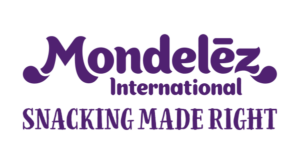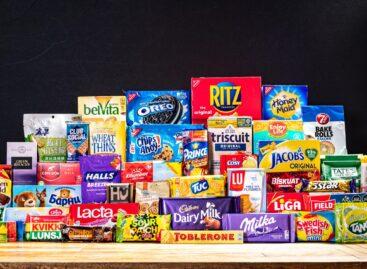The EU fined the food manufacturer Mondelez 337.5 million euros for the use of trade restrictions
The European Commission imposed a fine of 337.5 million euros (about 135 billion forints) on the American food manufacturer Mondelez for restricting the trade of various chocolate, biscuit and coffee products between member states in violation of EU competition rules, the EU commission informed on Thursday.
 According to the Brussels announcement, the European Commission’s investigation found that Mondelez abused its dominance in national markets through 22 anti-competitive agreements.
According to the Brussels announcement, the European Commission’s investigation found that Mondelez abused its dominance in national markets through 22 anti-competitive agreements.
The agreements between 2012 and 2020 included, among other things, provisions allowing certain retailers to sell Mondelez products only. One of the agreements contained a provision that required Mondelez’s customer to charge higher export prices than domestic sales.
Among the agreements was one that prevented a distributor operating in ten Member States from responding to sales requests from customers in other Member States without Mondelez’s prior permission.
According to the EU commission’s investigation, Mondelez abused its dominance when it refused a trader in Germany to resell chocolate in Austria, Belgium, Bulgaria and Romania, where prices were higher. The American company also stopped selling chocolates in the Netherlands to prevent them from being imported into Belgium, where the company sold these products at a higher price.
Related news
EU poultry meat rules are changing: the 12-week limit for “free-range” labeling is being relaxed during a pandemic
🎧 Hallgasd a cikket: Lejátszás Szünet Folytatás Leállítás Nyelv: Auto…
Read more >European Court of Auditors: EU Commission proposals affecting the common agricultural policy may cause uncertainty
🎧 Hallgasd a cikket: Lejátszás Szünet Folytatás Leállítás Nyelv: Auto…
Read more >Related news
(HU) Átadták a SIRHA Budapest 2026 Innovációs Termékverseny díjait
🎧 Hallgasd a cikket: Lejátszás Szünet Folytatás Leállítás Nyelv: Auto…
Read more >How does the forint exchange rate affect consumer prices?
🎧 Hallgasd a cikket: Lejátszás Szünet Folytatás Leállítás Nyelv: Auto…
Read more >HELL CITY has arrived, led by Michele Morrone
🎧 Hallgasd a cikket: Lejátszás Szünet Folytatás Leállítás Nyelv: Auto…
Read more >








